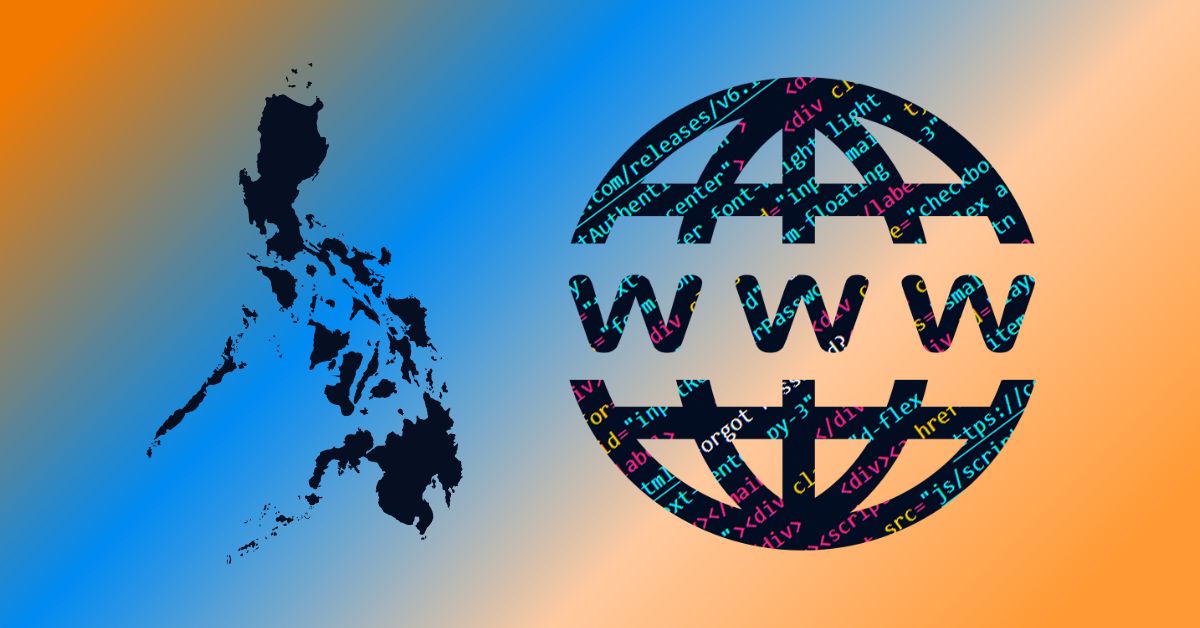Makati City Representative Luis Campos, Jr. is urging the Department of Information and Communications Technology (DICT) to establish at least 50,000 password-free Wi-Fi hotspots across the Philippines to bolster internet connectivity, particularly in geographically isolated and disadvantaged areas (GIDAs). According to Campos, this move is essential for promoting economic development in these underserved regions.
Campos, who serves as the vice chairperson of the House Committee on Appropriations, emphasized that the DICT needs to install 36,538 new Wi-Fi hotspots, adding to the 13,462 that were already in place as of June 2024. He believes this initiative can be achieved without financial constraints, citing the Free Internet Access in Public Places Law, which ensures steady funding through spectrum user fees collected from private telecommunications companies.

To support the program, the Department of Budget and Management (DBM) has released significant funding this year, including PHP2.45 billion in February and PHP3.68 billion in August 2024. These funds are allocated to the Free Public Internet Access Program (FPIAP), which aims to provide internet access in public spaces such as parks, schools, hospitals, airports, and transportation terminals.
The gentleman from Makati City also highlighted the importance of maintaining momentum for the program’s expansion, calling on the DBM to release additional funds when the DICT reports 70% utilization of its current budget. As of now, the DICT is spending around P500 million monthly to cover the subscription fees for the existing 13,462 hotspots, which serve 10 million unique users.
The lawmaker stressed that enhanced internet connectivity is crucial for driving economic growth. He pointed to studies showing that a 10% increase in internet penetration could generate up to PHP342 billion in new economic benefits for the country.
As an advocate for broader internet access, Campos authored House Bill No. 10215, which seeks to classify internet access as a basic telecommunications service. This reclassification would grant the National Telecommunications Commission (NTC) the authority to enforce stricter mobile internet speed targets for telcos, with penalties for non-compliance reaching up to PHP1 million per day.
Currently, the Philippines lags behind its Southeast Asian neighbors in mobile internet speed, averaging only 33.18 Mbps in July 2024, compared to Singapore’s 108.73 Mbps and Malaysia’s 104.80 Mbps.


